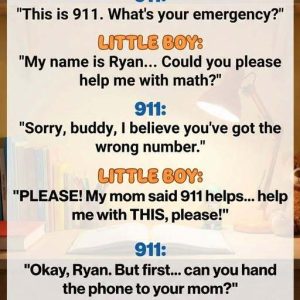She is rushed into the hospital, lights flashing across her pale face as nurses shout orders down the corridor. Every minute stretches endlessly, her heartbeat flickering on the monitor like a fragile rhythm refusing to fade. Doctors move with urgency, drawing blood, running scans, speaking in rapid terms her family can barely catch.
Hours later, results arrive. Silence falls. The doctor exhales, eyes heavy with something between relief and caution. “We have an answer,” he says. “It’s rare—and serious.”
The diagnosis explains everything: the fainting spells, sudden fatigue, quiet aches she’d dismissed as stress. She has a rare heart condition that could turn fatal if untreated. Her family stares in disbelief, recalling every small warning they overlooked.
Machines hum softly beside her bed as medication begins to flow through clear tubes. The doctor stresses that treatment must start immediately—there’s no time to wait. Hope now depends on precision and speed.
Her mother grips her hand, whispering promises she can barely hear. Her pulse steadies for a moment, then falters again—fragile, but fighting. “We caught it just in time,” the doctor murmurs. “Let’s keep it that way.”
Outside, the city moves on—cars passing, lights blinking—while inside, every heartbeat feels like a small miracle.
As night deepens, her breathing grows steadier, the machines quieting. Danger isn’t gone, but survival now feels possible.
When morning comes, her first words are a whisper: “I didn’t know my heart was broken.” Her mother smiles through tears. “It’s not broken,” she says softly. “It’s just finding its rhythm again.”





